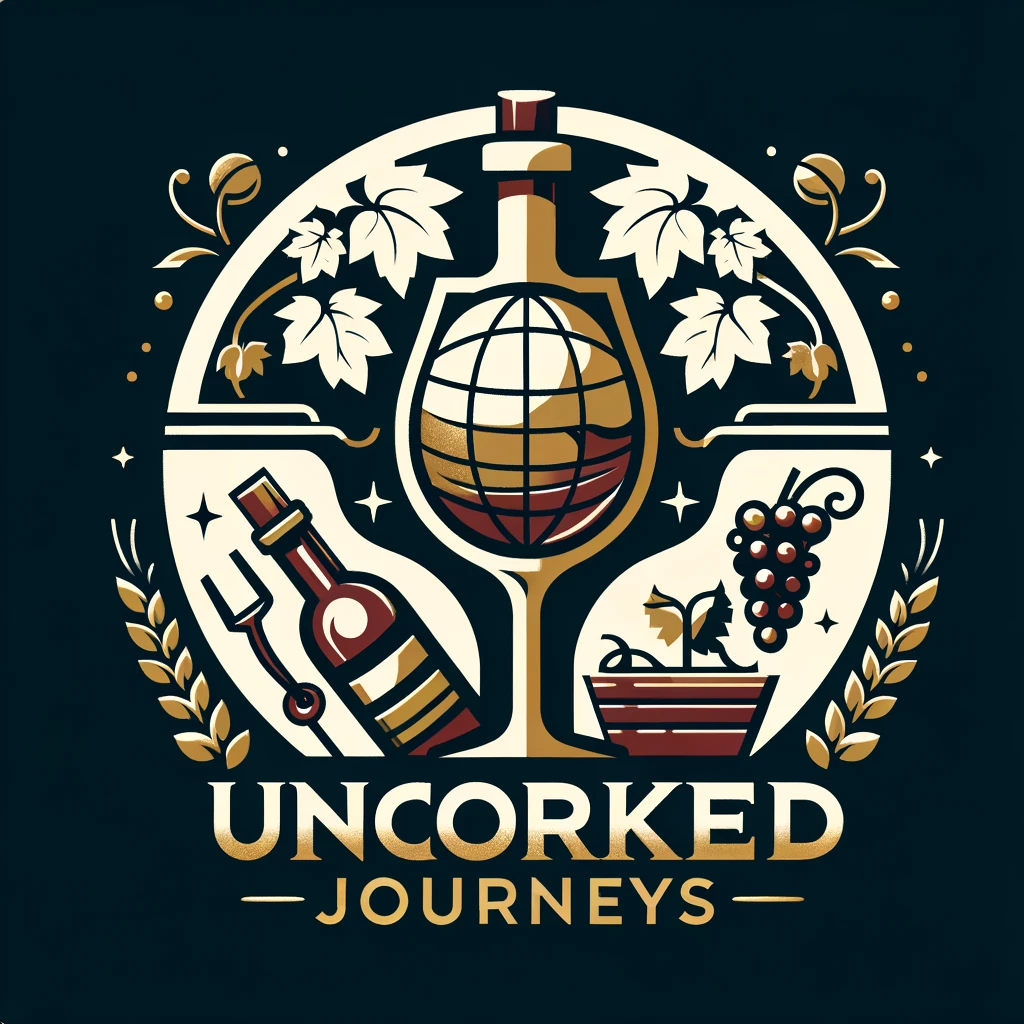Rhone Valley
The Rhône Valley in France is one of the most celebrated wine regions in the world, steeped in a rich tradition of viticulture that dates back thousands of years. Its wine culture is deeply embedded in the local heritage, with winemaking practices passed down through generations, blending time-honored techniques with modern innovations. Known for producing some of the most exquisite wines globally, the Rhône Valley is a testament to the region's dedication to quality and its respect for the land. This enduring passion for viticulture is reflected in every bottle, making wines from the Rhône Valley a hallmark of French winemaking excellence.
The history of winemaking in the Rhône Valley is as old as the region itself, with roots stretching back to ancient Roman times. The Romans, recognizing the area's ideal conditions for growing vines, established vineyards that thrived due to the favorable climate and terrain. Over the centuries, the region evolved into a hub of wine production, with its wines gaining renown across Europe. In the Middle Ages, the Rhône Valley's wines became especially prized by the Papal court in Avignon, solidifying its reputation as a producer of exceptional wines. Today, this legacy continues, with the Rhône Valley remaining one of the most important wine-producing regions in France.
The Rhône Valley is divided into two distinct sub-regions: the Northern Rhône and the Southern Rhône. Each has its own unique characteristics and grape varieties, contributing to the diverse range of wines produced here. In the north, the Syrah grape reigns supreme, yielding powerful and elegant red wines, while Viognier produces aromatic and full-bodied whites. The Southern Rhône, on the other hand, is known for its Grenache-dominated blends, often complemented by Syrah, Mourvèdre, and other varietals, resulting in wines that are rich, complex, and full of character. Noteworthy appellations such as Côte-Rôtie, Hermitage, and Châteauneuf-du-Pape are iconic examples of the region's winemaking prowess.
The unique terroir of the Rhône Valley plays a crucial role in shaping the distinctive flavors of its wines. The soils vary widely, from the granite-rich terrains of the Northern Rhône to the pebbly, alluvial soils of the Southern Rhône. These diverse soil types provide ideal conditions for different grape varieties, enhancing their expression in the wines. Additionally, the climate of the Rhône Valley, characterized by warm, sunny days and the cooling mistral winds, creates a perfect balance for grape ripening. This combination of soil and climate imparts a complexity to the wines, with flavors that range from the bold and spicy notes of Syrah to the soft, ripe fruitiness of Grenache.
Beyond its renowned wines, the Rhône Valley is rich with fascinating traditions and cultural practices surrounding winemaking. Festivals celebrating the harvest, often accompanied by food and music, are a highlight of the region's cultural calendar. Local vintners are deeply connected to the land, often adopting sustainable practices to preserve the terroir for future generations. Visitors to the Rhône Valley can experience this culture firsthand through vineyard tours, wine tastings, and the warm hospitality of the region's winemakers. These experiences offer an intimate glimpse into the dedication and artistry that define winemaking in the Rhône Valley.
The Rhône Valley's wines are not only a reflection of its terroir but also a symbol of the region's rich history and vibrant culture. With a diversity of styles that appeal to a broad spectrum of palates, the wines of the Rhône continue to captivate enthusiasts around the world. From the bold and structured reds of the Northern Rhône to the luscious and versatile blends of the south, each bottle tells a story of tradition, craftsmanship, and an enduring love for the art of winemaking. The Rhône Valley remains an essential destination for wine lovers, offering an unforgettable journey through one of the world's most cherished wine regions.
